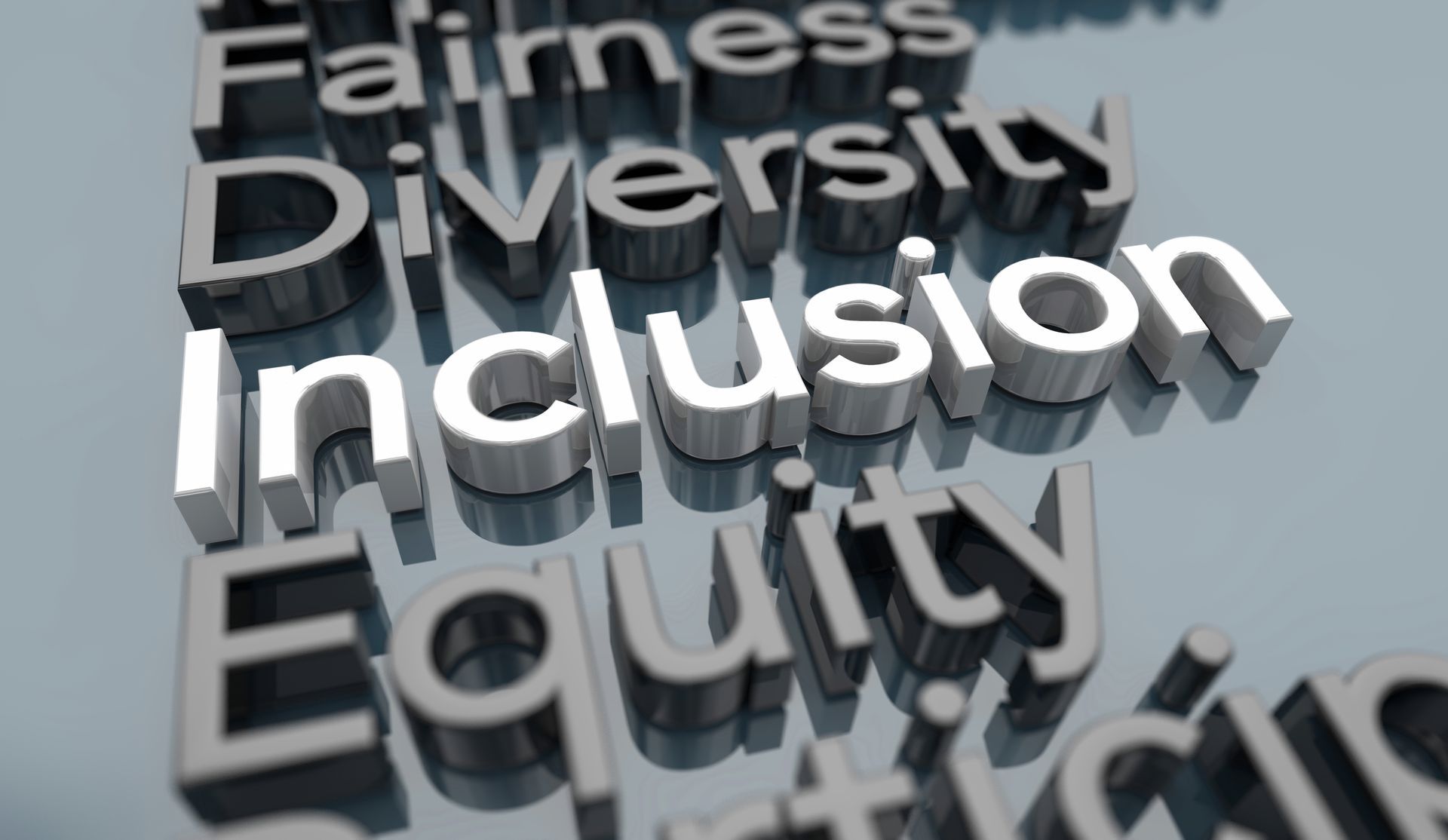
In an era marked by globalization and cultural exchange, the call for diversity and inclusion has never been more pertinent.
For businesses, embracing diversity not only reflects societal values but also fosters innovation, creativity, and sustainable growth.
In this blog post, we will explore effective strategies for building a diverse and inclusive workplace tailored to the unique context of Southeast Europe.
Embrace Cultural Awareness
Southeast Europe is a melting pot of cultures, languages, and traditions.
Recognizing and celebrating this diversity is the first step toward building an inclusive workplace.
Encourage cultural awareness through training programs, workshops, and team-building activities that highlight the richness of different backgrounds.
Develop Inclusive Recruitment Practices
Diversifying your workforce starts with inclusive recruitment.
Implement blind hiring practices, where resumes are evaluated without personal information to reduce unconscious bias.
Actively seek candidates from various backgrounds and ensure that job descriptions are inclusive and free from gender or ethnic-coded language.
Foster Inclusive Leadership
Leaders play a pivotal role in shaping the workplace culture.
Cultivate inclusive leadership by providing training that emphasizes empathy, active listening, and an understanding of diverse perspectives.
Leaders should be visible advocates for diversity, demonstrating a commitment to inclusivity in both actions and words.
Establish Employee Resource Groups (ERGs)
ERGs provide a platform for employees to connect based on shared characteristics or experiences.
Create ERGs that celebrate diversity, such as LGBTQ+ groups, cultural affinity networks, or women's empowerment groups.
These forums facilitate open dialogue and create a sense of belonging among employees.
Implement Diversity and Inclusion Training
Educate employees on the importance of diversity and inclusion through training programs.
Include modules on unconscious bias, microaggressions, and cultural competence.
Encourage open discussions to address any concerns and promote a shared understanding of the value of diversity in the workplace.
Emphasize Equal Opportunities
Ensure that all employees have equal opportunities for growth and development.
Implement mentorship programs that connect employees with mentors from diverse backgrounds.
Monitor promotion and advancement processes to identify and eliminate any potential biases.
Create a Safe Space for Dialogue
Foster an environment where employees feel comfortable expressing their thoughts and concerns.
Establish channels for anonymous feedback and conduct regular surveys to assess the inclusivity of the workplace.
Use the insights gained to make informed decisions and improvements.
Celebrate Diversity Through Events
Organize events and initiatives that celebrate diversity, such as cultural festivals, heritage months, or awareness campaigns.
These activities not only promote inclusivity but also provide opportunities for employees to share their traditions and stories.
Measure and Track Progress
Establish key performance indicators (KPIs) to measure the success of your diversity and inclusion initiatives.
Regularly track and analyze data on employee demographics, representation in leadership, and employee satisfaction.
Use this information to refine strategies and address areas that may need improvement.
Building a diverse and inclusive workplace in Southeast Europe requires a proactive and sustained effort.
By embracing cultural diversity, implementing inclusive practices, and fostering open dialogue, businesses can create an environment where every employee feels valued and has the opportunity to thrive.
Ultimately, the pursuit of diversity and inclusion is not just a corporate responsibility but a pathway to unlocking the full potential of the workforce and driving long-term success.










